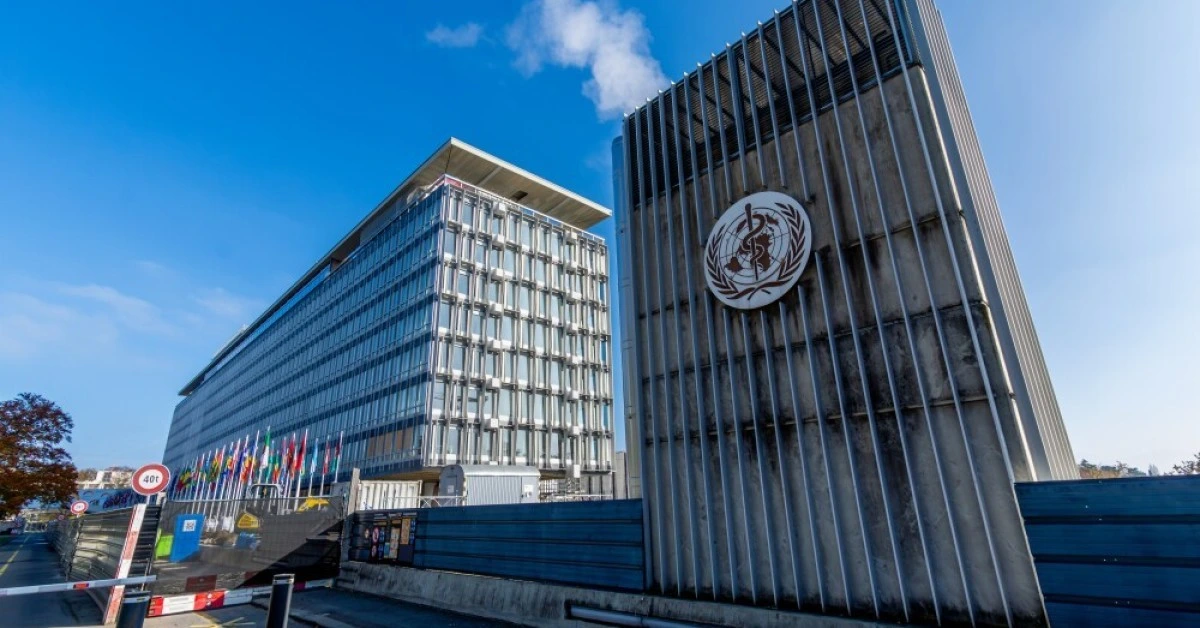
SWITZERLAND – The World Health Organization (WHO) is considering a significant policy shift by potentially including obesity medications, such as Novo Nordisk’s Wegovy and Eli Lilly’s Zepbound, in its Essential Medicines List (EML).
This move aims to address the escalating global obesity crisis, which affects over a billion people worldwide, with 70% residing in low- and middle-income countries (LMICs).
The EML, updated biennially, comprises drugs deemed essential for meeting the priority health needs of populations.
Inclusion in this list can significantly influence national healthcare policies, guiding procurement and accessibility decisions, especially in LMICs.
GLP-1 receptor agonists like Wegovy and Zepbound have demonstrated substantial efficacy in weight reduction, with clinical trials showing 15–20% weight loss.
However, their high costs—exceeding US $1,000 monthly—and the necessity for long-term use pose accessibility challenges, particularly in resource-constrained settings.
Recognizing these barriers, the WHO is exploring strategies to enhance affordability and access. Proposed measures include tiered pricing models, pooled procurement mechanisms, and the promotion of generic alternatives as patents expire.
For instance, the semaglutide component in Wegovy is approaching patent expiration in certain markets, potentially paving the way for more affordable generic versions.
This consideration marks a departure from the WHO’s 2023 decision, where GLP-1 weight loss medications were excluded from the EML due to concerns about long-term efficacy and safety data.
The current reevaluation reflects the growing recognition of obesity as a global health priority and the need for effective interventions.
The WHO plans to release updated treatment guidelines by August or September, detailing how these medications might be integrated into comprehensive obesity management strategies that encompass both clinical and lifestyle interventions.
XRP HEALTHCARE L.L.C | License Number: 2312867.01 | Dubai | © Copyright 2025 | All Rights Reserved